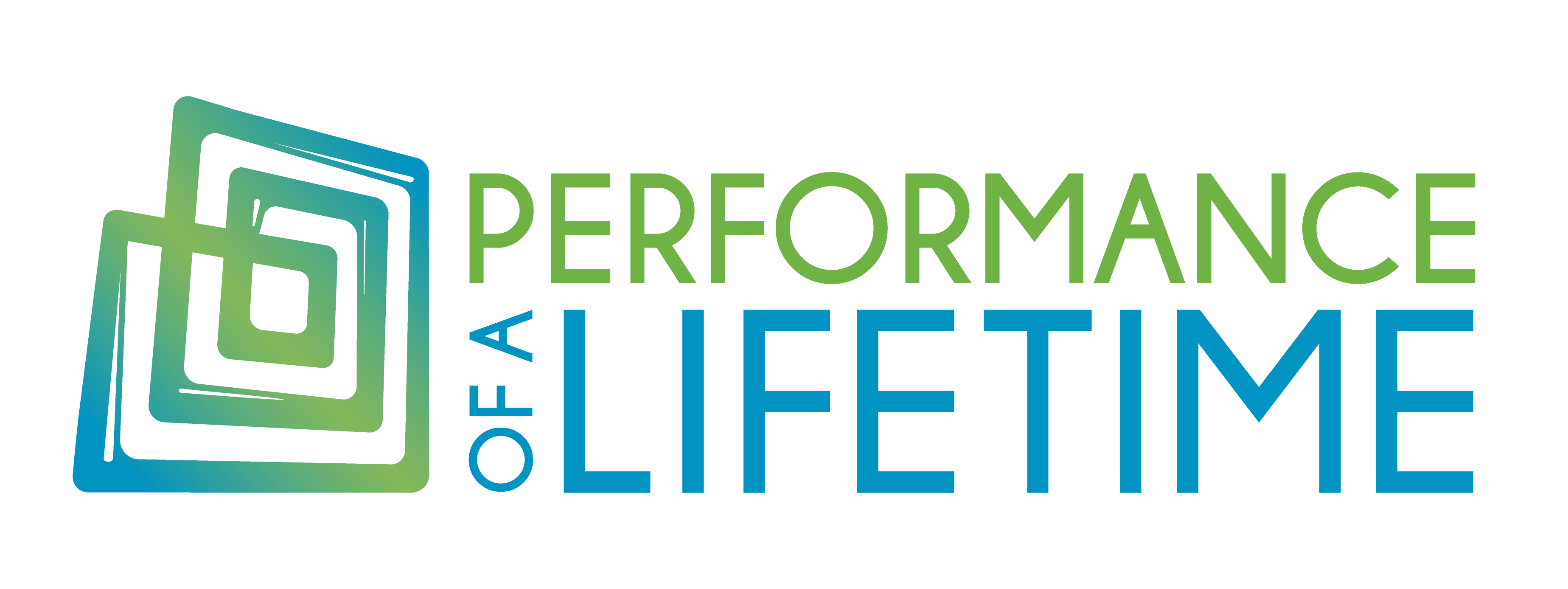If you’re in the business of sales, you’re also in the business of objections. Prospective customers and clients are experts at finding reasons to reject the product or service you’re offering, which can leave you defensive, frustrated, or demoralized. Perhaps this is why the advice I’ve read about objections (a lot of it’s super helpful) mainly focuses on ways to overcome or handle them.
I’ve spent almost 20 years selling theater, improvisation, and play as leadership development training for business executives. So, hey — I know from hearing objections! And I get why they seem like problems. But I’d like to suggest a different way to think about them.
I think you and your company will be much better off if you start being happy about sales objections. Yes, I said happy — cue Pharrell, Bobby McFerrin, or The Turtles, depending on your musical-generational preferences.
As an entrepreneur and an improv comedy performer, I’ve learned that improvisation is one of the most effective tools for enhancing your performance on the job (and in life). The same best practices that make it possible for a stage full of performers in a comedy club to create a completely unscripted full-length play can be taken off the stage and put to work in business.
The “golden rule of improv” is this: Be delighted, positive and happy about everything you hear and see from your scene partners — even stuff you don’t expect, don’t understand, or just plain don’t like. Improvisers call these “offers,” and they express their happiness with them by saying “yes, and” in response. Those two words are a springboard into the most creative, connected and satisfying scenes onstage.
Tina Fey gives a great example in her marvelous book, Bossypants (I’m paraphrasing a little here): If you’re improvising a scene between two best friends and suddenly your partner says, “Freeze, I have a gun!,” you might be a little stumped — maybe even peeved — by her sudden change in attitude. You might naturally reply, ‘That’s not a gun, it’s your finger. You’re pointing your finger at me.” And guess what? You just stopped the improvised scene in its tracks. But if your partner says, “Freeze, I have a gun!” and you say, “The gun I gave you for Christmas! You figured out how to use it!” then the scene has just gotten a jolt of energy and interest because you’ve agreed (“yes, and”) that her finger is in fact a Christmas gun.
What does this look like in sales? Imagine you’re meeting with a potential client and you’ve prepared a gorgeous 50-page presentation with all the beautiful graphs and data and photos and analysis you could come up with. But ten minutes into your pitch, your client yawns — more than once.
You’re only three slides away from the section your team worked on for two weeks that you know will seal the deal, so you power on. Your client shifts in her seat and looks at her phone. In improvisation, her yawning, fidgeting, and time-checking are offers! Wonderful, blaring, screaming-in-your-face offers saying, “Please, please, hear, see and build with me!
And as a sales improviser, that’s exactly what you do. You abandon the script that’s putting your client to sleep. Maybe you say, “Linda, let me pause here for a minute. I’m showing you a lot of info, so let me check in and see how you’re doing.”
You’re noticing her offer, and responding positively to it. Linda won’t be yawning now, I promise you. She’s probably starting to feel heard, included, and attended to. I can’t say what will happen next, but now you have a fighting chance. Now you and Linda are in the same “scene,” and you can take it from there, together.
When you embrace and welcome offers from your clients this way, including objections and other difficult interactions, you are able to make a connection and begin to collaborate together on next steps. These include:
- Learning from your customer. What’s important to them? What do they care about?
- Getting insight about your pitch. They’re helping you understand what works and what doesn’t.
- Becoming more attuned to the market — who your product is right for (and who it’s not).
- And most importantly, developing a partnership with your customer that goes beyond closing a particular sale to potentially building a lasting and mutually beneficial relationship.
So the next time you hear an objection, be happy that you have a chance to improvise — and make some beautiful music together.
Originally published on Inc.com.
Cathy Salit is a performer and a founder of Performance of a Lifetime. Her book, Performance Breakthrough: A Radical Approach to Success at Work (Hachette Books) is on sale everywhere books are sold.
Comments are closed.

